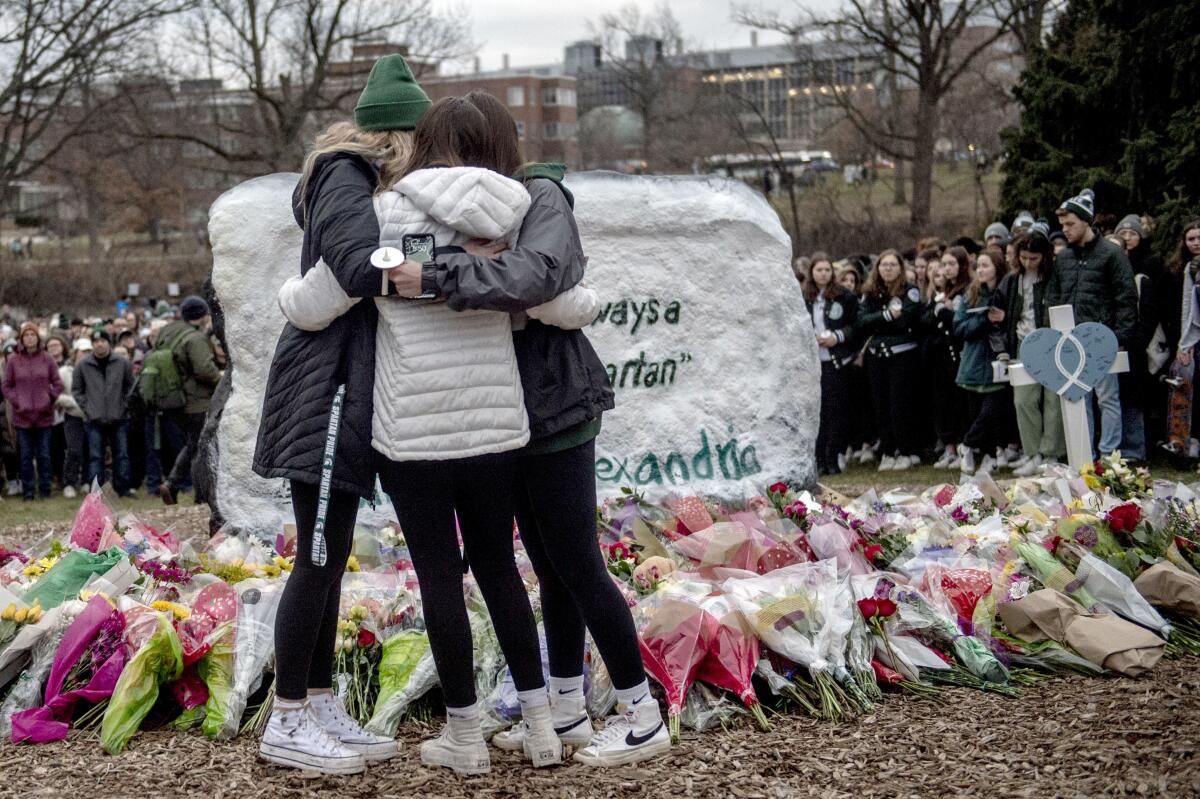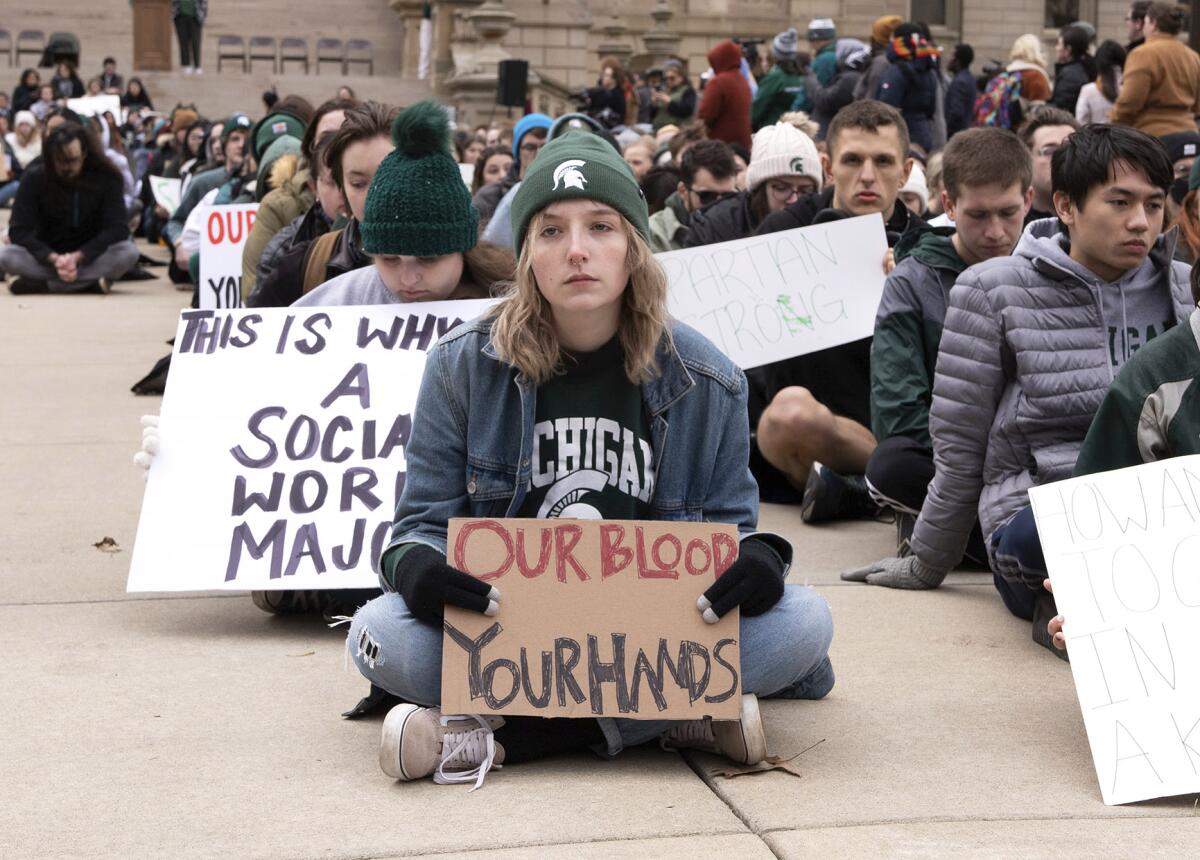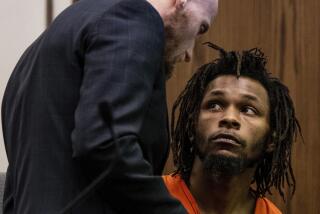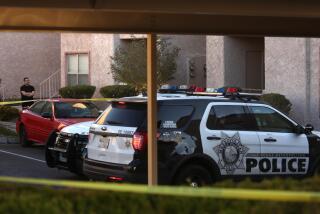Michigan State gunman had note indicating he ‘felt slighted,’ police say

New details have emerged about a shooting that left three students dead and five others injured at Michigan State University this week.
Police have not established a motive in Monday’s attack, but a note found on Anthony McRae, whom authorities identified as the gunman, contained claims that he led a group of killers; included threats against local businesses, a church and a New Jersey school district; and indicated that “he felt he was slighted in some way by people or businesses,” Christopher Rozman, deputy chief of the Michigan State University Department of Police and Public Safety, said during a news conference Thursday.
“I just want to assure everybody that that is the question on all of our minds, and we are working our best to try to determine that as best as possible,” Rozman said of a motive, adding that authorities also are examining whether the gunman had a history of mental health problems.
University police on Tuesday identified the three students killed as Brian Fraser, 20, a sophomore from Grosse Pointe, Mich.; Alexandria Verner, 20, a junior from Clawson, Mich.; and Arielle Anderson, 19, a junior from Grosse Pointe.
Authorities said McRae, 43, fatally shot himself about four miles from the university after an hours-long hunt that forced frightened students to hide in the dark. A tip from a caller led police to McRae, whom officials said had no known connection to the university. Investigators are looking into a claim that he was once turned down for a possible job there, Rozman said.
Police are still searching for a motive in the shooting deaths of three students at Michigan State University by a gunman who later killed himself.
Two handguns were found on McRae, police said, including the one he turned on himself. The guns used in the attack were legally purchased but not registered, officials said Thursday. It was unclear when and where they were purchased.
Authorities also found eight loaded magazines of 9-millimeter ammunition and a small pouch containing 50 rounds of loose ammunition in a backpack.
McRae also had two bus tickets as well as a two-page note in his wallet, officials said.
“That was the note that indicated where he was going to visit and also kind of gave an indication of … a motive, but nothing that we can actually confirm just yet,” Michigan State Police Lt. Rene Gonzalez said.
The note, which police declined to elaborate on but said they are evaluating, said McRae was the leader of a group of 20 killers. But authorities said an investigation, including interviews with the gunman’s father, who said his son had no friends and was often alone in his room, found that claim was unsubstantiated.
The note also contained threats against several businesses, including a local warehouse where the gunman is believed to have been an employee and appeared to have issues with staff members.
The note also referenced a church and a school district in Ewing, N.J. Police did not comment on the church or why the shooter made threats against the school district, except to say he did have “some connections to New Jersey, but that was years ago.”
A surveillance image of McRae distributed on local news stations and social media was instrumental in helping law enforcement locate the gunman, but questions remain about the campus’ security system and why it took three hours to release the photograph.
The gunman had left both Berkey Hall and the student union, the locations of the attacks, by the time officers arrived, Rozman said. Officers sifted through footage from thousands of security cameras across campus to track his movements before finding the image of the gunman, who was wearing red shoes, a jean jacket and a navy baseball cap with a lighter brim. That image was distributed to the public at 11:18 p.m. The tipster called in at 11:35 p.m. Police have not disclosed an exact timeline of the gunman’s movements.
“People might question the timing, [but] this was an ongoing, complex incident,” Rozman said. Michigan State University has been working since the fall to update its security system and to allow for real-time monitoring of the campus, officials said.
Police have also still not established any ties between the university and the shooter, who had been living in Lansing with his father.
Chief Ellery Sosbee of the Lansing Police Department said the shooter had several traffic violations between 2006 and 2007 and was arrested in 2019 on suspicion of carrying a concealed weapon; he pleaded guilty to a lesser charge, for which he completed a year’s probation.
The weapon from the 2019 incident is still in police custody, Sosbee said.
Law enforcement said they also searched on Monday evening the shooter’s home, where they collected a cellphone, some journals and writings, as well as 9-millimeter casings.

Five students remain hospitalized; one is stable and four are in critical condition, officials said. Students in Berkey Hall, the academic building that was the site of the first attack, helped render aid to those who were injured before emergency medical officers arrived on the scene.
The names of those in the hospital have not been released by officials out of respect for the families, university police said.
“I’m pleased that we are seeing some signs of improvement in some of our students, and our Spartan nation continues to send good thoughts to each of them, to their families,” said Teresa K. Woodruff, interim president of Michigan State.
Classes remain suspended through Sunday, but university offices are open after the campus had been operating on a modified schedule, Woodruff said.
Berkey Hall will remain closed through the remainder of the semester. Administrators are deciding whether to reopen the student union, the site of the second attack, Woodruff said.
“We know as a campus that we have hard work ahead of us,” she said.
Thousands of people attended a vigil Wednesday night at the Rock, one of the university’s oldest monuments, which was painted with the words “Always a Spartan,” and bore the names of the three students slain in the attack. Michigan Gov. Gretchen Whitmer, Michigan State’s men’s basketball coach Tom Izzo and student leaders delivered remarks.
The shooting at Michigan State occurred nearly five years to the day after a massacre at Marjory Stoneman Douglas High School in Parkland, Fla., left 17 people dead — an event that galvanized a wave of activism, led by the survivors, to enact tighter gun laws across the country as they vowed “never again.”
It also occurred 81 miles from the November 2021 Oxford High School shooting in Oxford, Mich., in which four people were killed and several others were critically wounded.
Some of those who survived the Oxford massacre are Michigan State students who found themselves once again gripped with fear as a shooter terrorized their school.
Among them was Emma Riddle, a first-year student studying history and women’s studies, who spoke at the state Capitol on Wednesday.
“I’m exhausted,” said Riddle, who was a high school senior at the time of the Oxford shooting. “I’m exhausted that I know what is coming — exhausted I am once again asking our legislators to put our lives first. We are dying. We, the children of the United States of America, are dying every day. How many will die before it is enough and you step up and do something about it?”
According to the Gun Violence Archive, an independent online database that tracks gun violence using police, government, media and other public data, there have been 72 mass shootings in the United States so far this year, including a shooting Wednesday night at a busy mall in El Paso that occurred near the site of a 2019 racist massacre at a Walmart that killed 23 people.
Whitmer, a Democrat, once again called on the state’s lawmakers — with Democrats now controlling both chambers — this week to pass tighter gun control measures, including universal background checks, safe storage laws and extreme list laws, or “red flag” laws, which allow law enforcement, and family members in some cases, to petition courts to temporarily prevent someone in crisis from accessing a firearm.
Everytown for Gun Safety, a gun violence prevention organization, ranks Michigan 24th in the nation for its firearm legislation. Though the state requires a permit to purchase handguns and for sales records to be sent to law enforcement, it lacks important gun safety laws, according to Everytown’s website.
More to Read
Sign up for Essential California
The most important California stories and recommendations in your inbox every morning.
You may occasionally receive promotional content from the Los Angeles Times.












